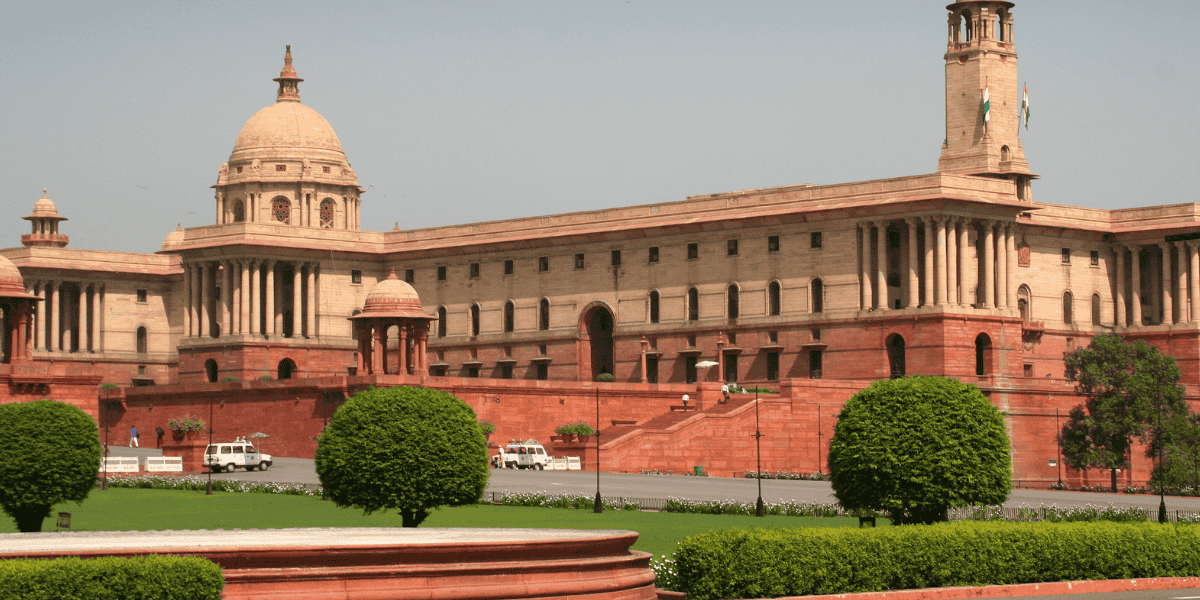Recently, the Indian Finance Minister presenting the 2014-2015 budgets and stated that the government will work to introduce GST by the end of this year. Although similar statements have been made during the past five years, so it is uncertain as to whether or not the introduction of GST tax reform will take place by December 2014. This tax would make compliance remarkably easier for companies doing business in India. Tax payers will continue to follow the implementation of the GST in India, and if such scheme is adopted our content will be adjusted appropriately.
However, Minister announced that a panel had been created by the Empowered Committee to discuss place of supply rules, and confirmed that the GST Council, which will be made up of representatives from the center and states, will not detract from the policy-making powers of the states, and will be responsible for making policy recommendations only. Therefore negotiations are ongoing to determine how to calculate revenue losses for states resulting from the repeal of the central sales tax. Implementation of a nationwide GST would introduce a simple, internationally-accepted tax regime to broaden the tax base and enable the country to lower trade tariffs. GST would replace the central sales tax, the state sales tax, entertainment tax, lottery tax, electricity duty, and value-added tax. However, negotiations on the implementation of the regime have dragged on for over a decade.














